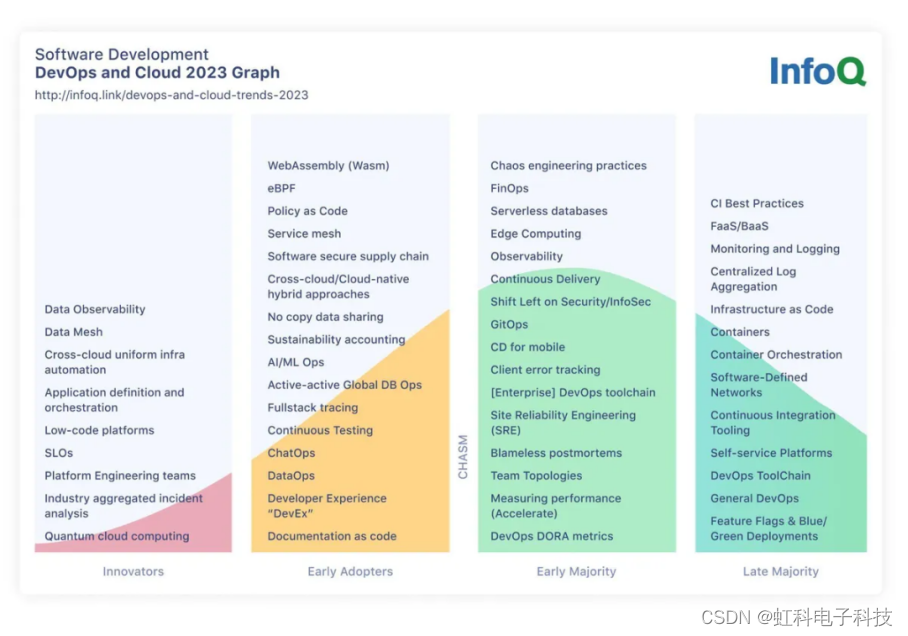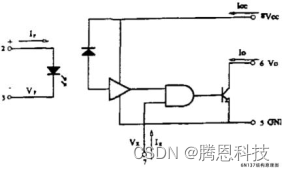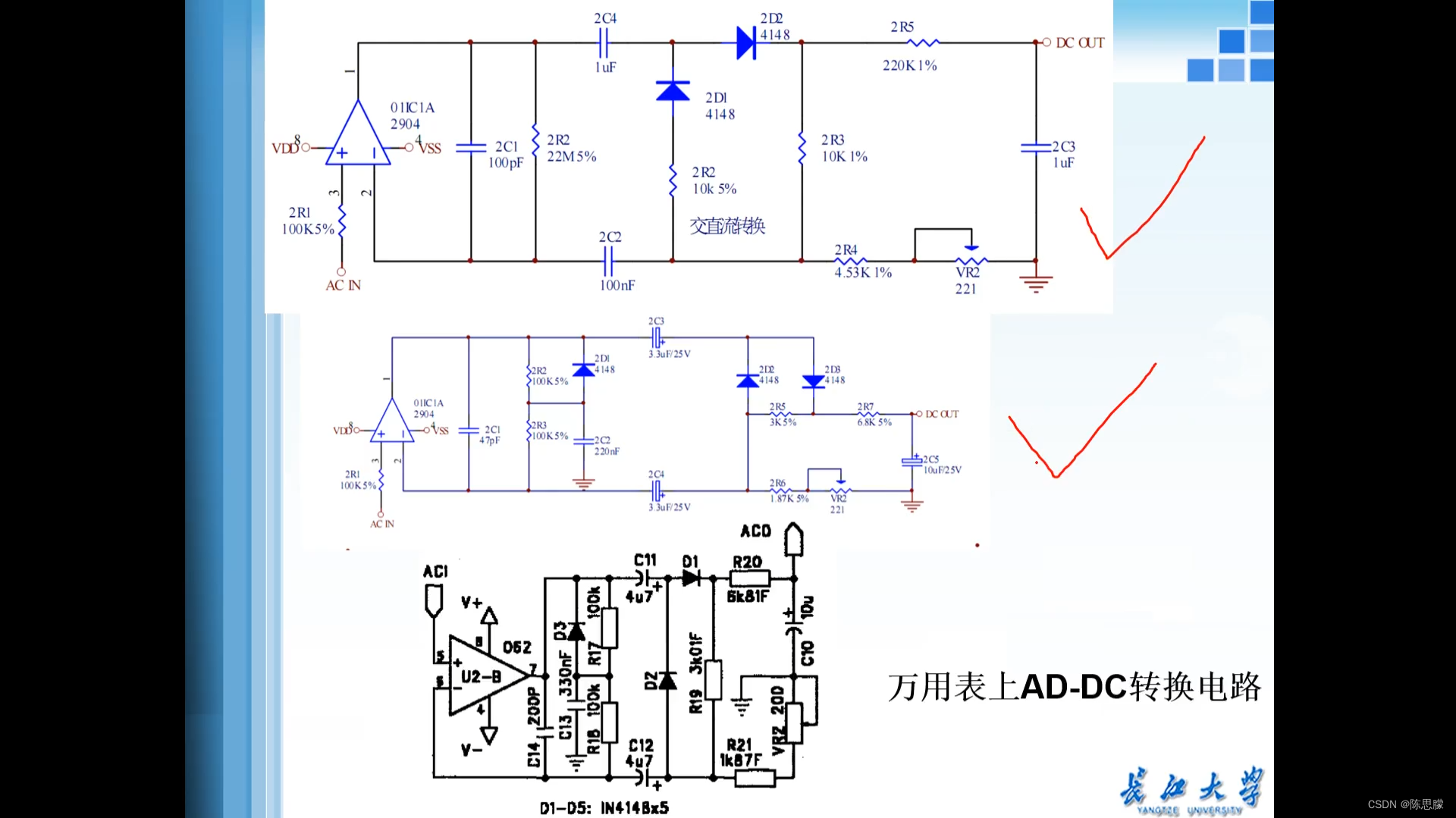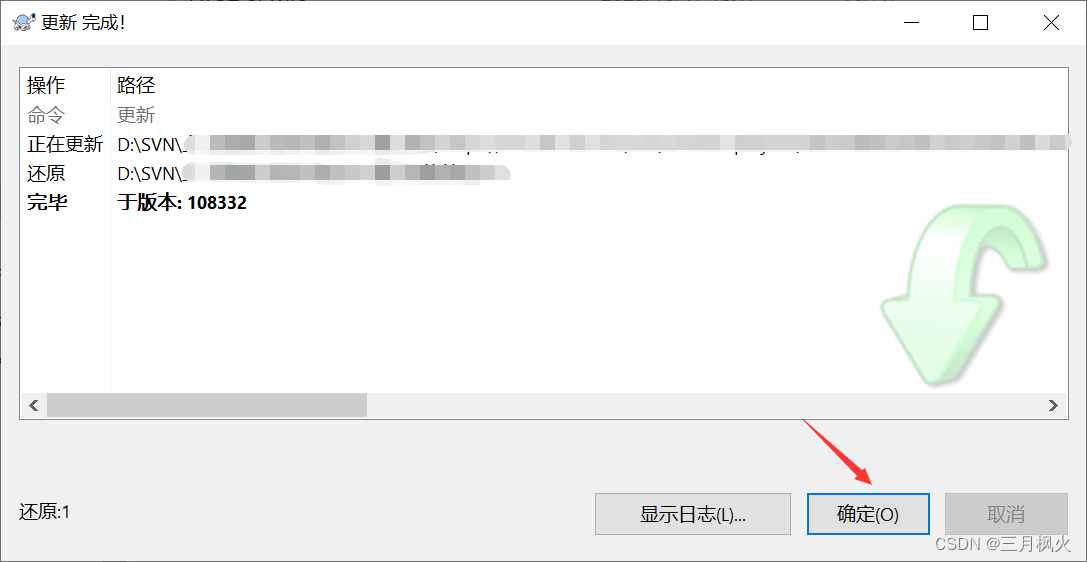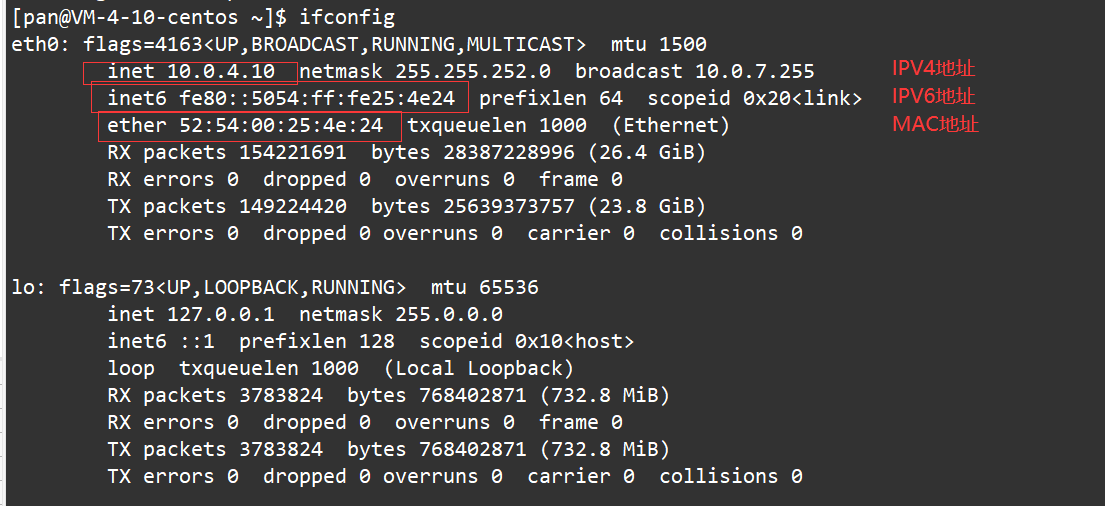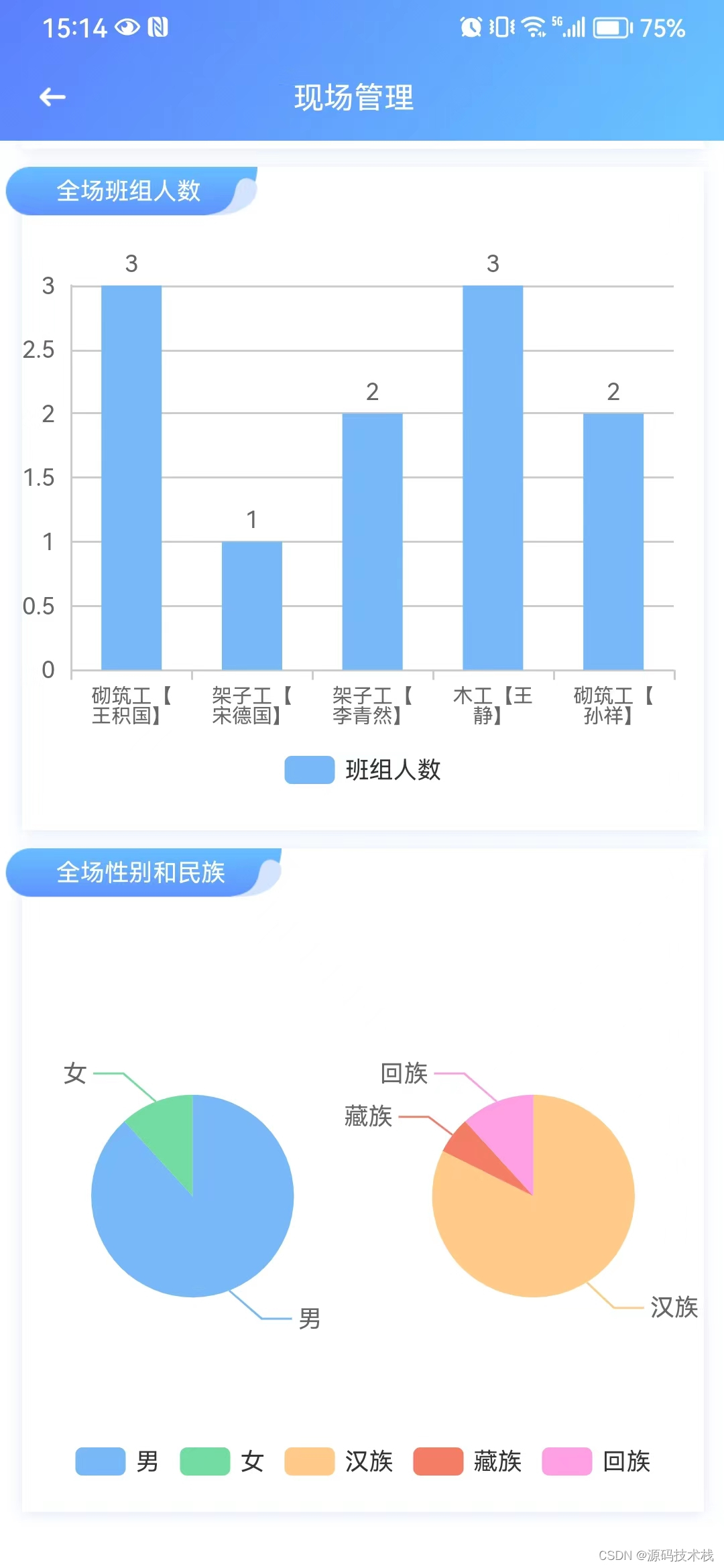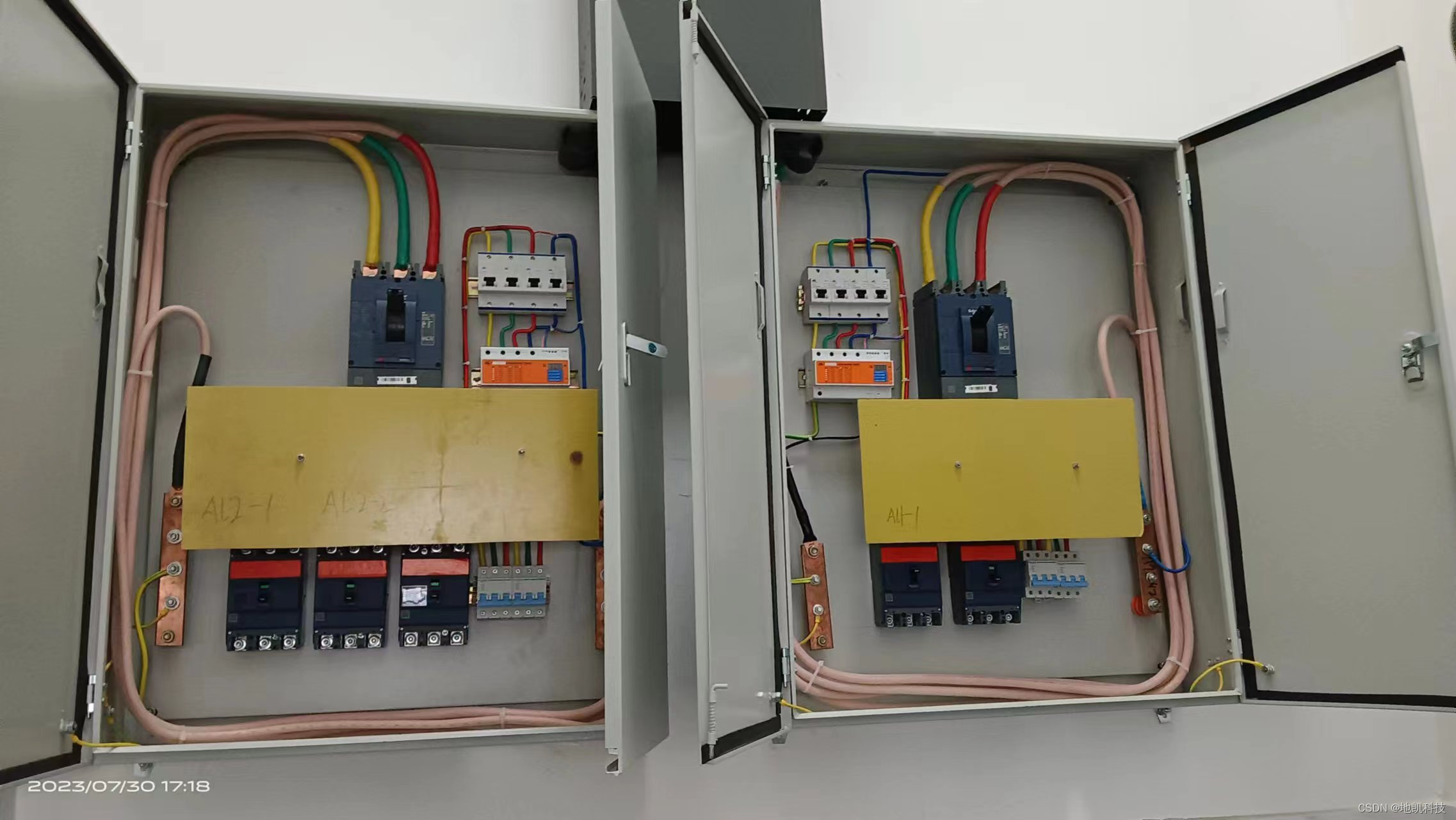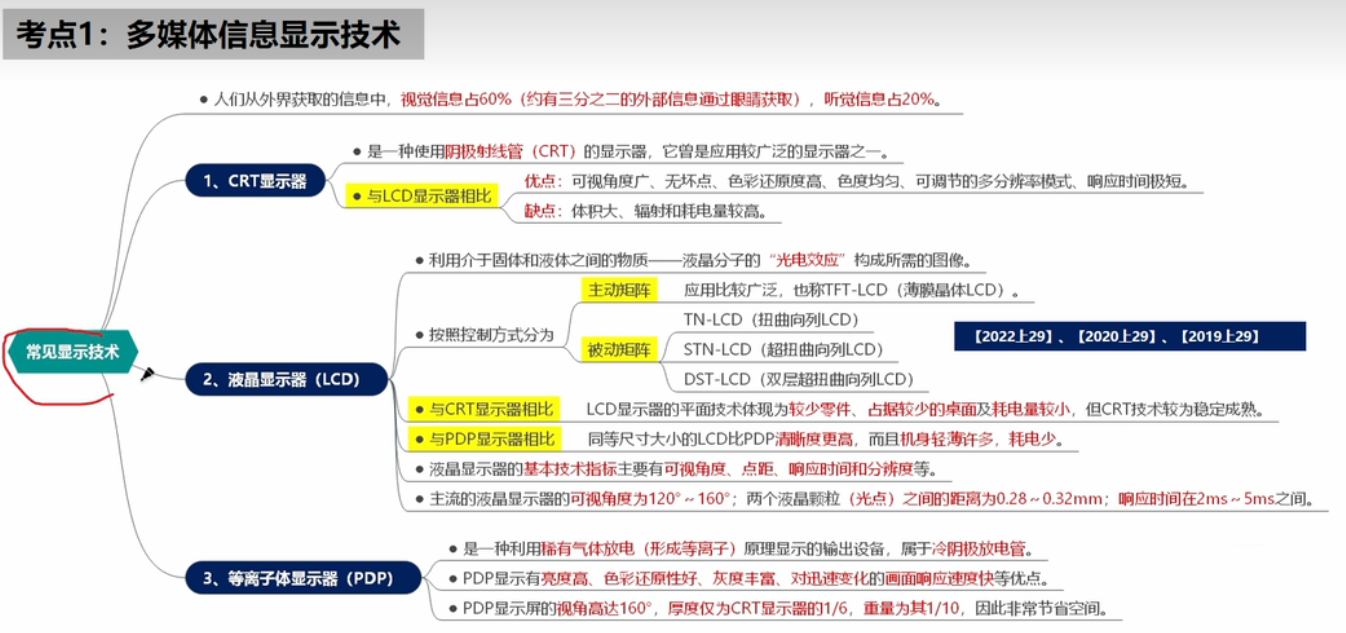全局事件总线
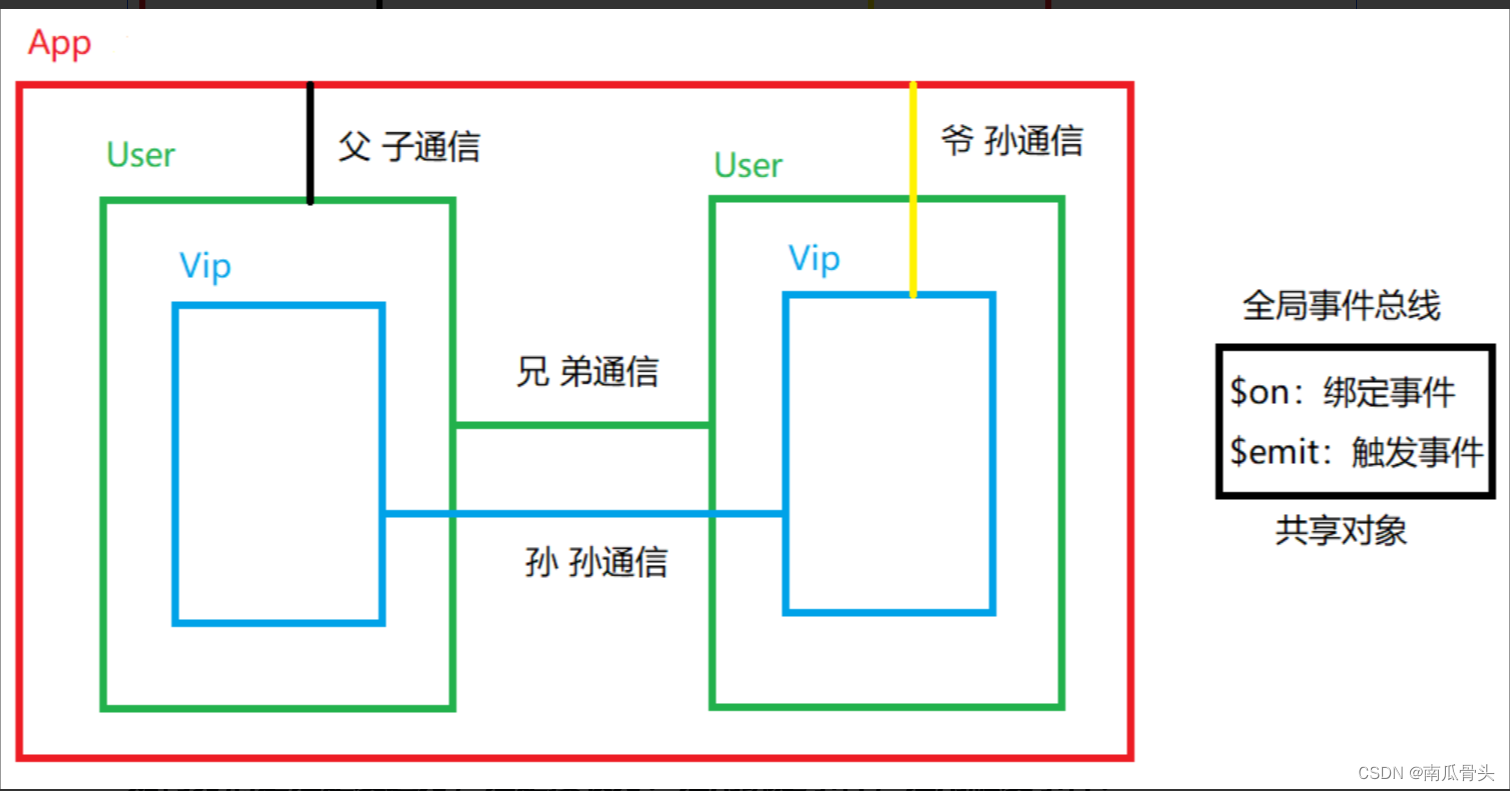
- 功能:可以解决所有组件之间通信传数据的问题
- 原理:通过一个共享对象,将所有组件全部绑定到对象上,即可通过这个对象实现组件与组件之间的传递数据,而这个共享对象叫做全局事件总线。
如何分清楚谁是发送方,谁是接收方?谁用绑定事件,谁用触发事件?
- 假设:我向你传送数据,我是发送方,你是接收方。
- 若我不向你发送数据,则你就不知道数据的内容,无法拿取(绑定)。(我不触发,你不能绑定,因为你没有数据)
- 只有我发送数据给你,你才能知道数据的内容,才能对数据进行拿取。(谁发送谁触发,谁拿取谁绑定)
共享对象创建位置:main.js文件
const VueComponentConstructor = Vue.extend({})
const vc = new VueComponentConstructor()
Vue.prototype.$bus = vc
- 第二种方法(常用):使用原有的vm对象
- 在Vue初始化时(beforeCreate),创建共享对象vm
new Vue({
el : '#app',
render: h => h(App),
beforeCreate(){
Vue.prototype.$bus = this
}
})
以上代码中出现的$bus有什么作用?
- $bus:事件总线,用来管理总线。
- 其他组件在调用vc共享对象时可通过
this.$bus.$on() 和 this.$bus.$emit()来绑定或触发事件
数据发送方:触发事件$emit
<template>
<div>
<button @click="triggerEvent">触发事件</button>
</div>
</template>
<script>
export default {
name : 'Vip',
data(){
return{
name : 'zhangsan'
}
},
methods : {
triggerEvent(){
this.$bus.$emit('event', this.name)
}
}
}
</script>
数据接收方:绑定事件$on
<template>
<div>
<Vip></Vip>
</div>
</template>
<script>
import Vip from './components/Vip.vue'
export default {
name : 'App',
mounted() {
this.$bus.$on('event', this.test)
},
methods : {
test(name){
console.log(name);
}
},
components : {Vip}
}
</script>
console.log(name);
}
},
components : {Vip}
}
</script>




